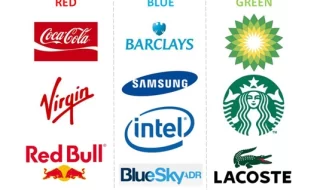
No business owner ever wants to be told by regulators and industry authorities that they are not following the compliance laws. On the one hand, it makes their business look rogue, not following laws that their competitors are following, and on the other, it may have been unavoidable. Compliance is not black and white. UPS operates all around the world, and there are some issues that it cannot avoid doing if it wants to remain a global business. We’ll get onto that in a moment, but you may be in the same position. This is why we want to explore what you could do if you are deemed non-compliant.
The cost of doing business

There may be some compliance laws that you simply cannot adhere to, if you want to function. For example, UPS chooses to take on parking fines they get in New York. Because New York City is so busy, there are no parking spaces for the UPS van to park and for the employee to serve a parcel or package to customers. So, the company chooses to absorb $23 million in parking fines rather than to stop operating in the city. This is just the cost of doing business. If you want to improve your compliance, you first have to realize which rules you can adhere to and which ones you cannot if you want to operate.
Specialist legal zones
There are some industries that are heavily regulated. Pharmaceuticals is perhaps one of the best examples. You will have regulators breathing down your necks all the time when you run such a business. This is why hiring a pharmacy attorney to understand which laws apply to your business and products is so helpful. Rather than run into huge fines and potentially seriously damaging publicity, you can use their expertise and knowledge, to design your projects and products to fully comply with the law. These specialist legal zones are potential minefields, so you should regard them with the utmost respect.
Comply or don’t

Compliance is not black and white like we have said. In many countries, such as the UK, they have specific comply or explain doctrines for some financial regulations. The Financial Conduct Authority (FCA) gives some leeway to companies, as long as they can explain why they could not or did not comply with a particular regulation. You should utilize such think tanks, regulatory bodies, and industry law experts to see where you can avoid certain compliance rules and thus save money and time. It’s important to have a good reason for not complying and not just, that it would cost you money. So, making your case is so critical to not being fined or given a warning which could put you into a compliance corner in the future.
You may be able to be given some leeway for not complying with certain rules, as long as you have a good reason. You should try and hire or work with legal experts that can tell you which laws apply to your business to avoid heavy penalties.




